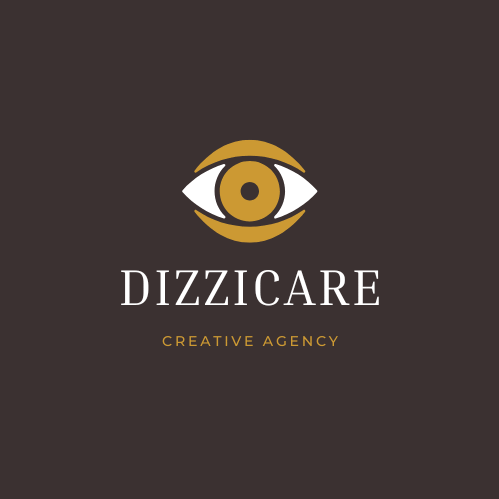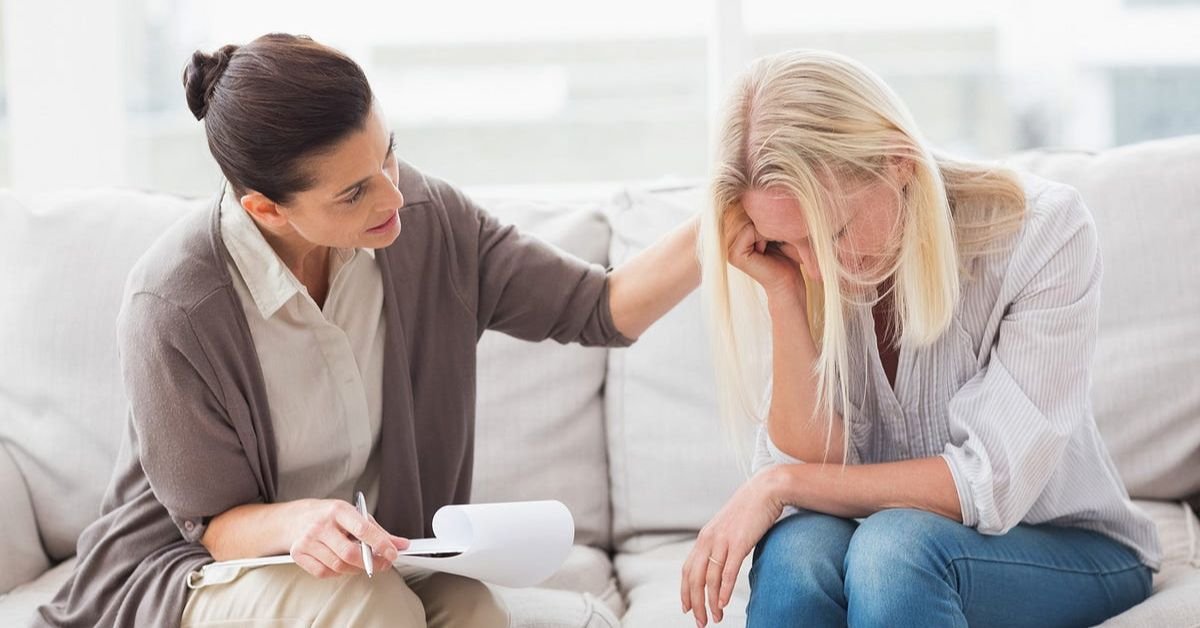Introduction
Light sensitivity anxiety is when bright lights or glare make you feel anxious or uncomfortable. It can make your eyes hurt, your head ache, or even make you feel dizzy. Some people may also notice their heart racing or muscles tensing.
Many people do not realize how much this affects daily life. Bright sunlight, phone screens, or office lights can trigger stress. The worry about these triggers can make people avoid activities or feel tense all the time.
Understanding the causes and symptoms is the first step. There are ways to manage light sensitivity anxiety with self-care, lifestyle changes, and sometimes therapy or medication. Small changes can make a big difference in comfort and confidence.
Surprising Links Between Stress and the Eyes

Stress can impact the eyes in a variety of unexpected ways. It may cause twitching, dryness, or blurry vision.Some people may also experience headaches or more severe eye strain. In many cases, stress can make light sensitivity anxiety worse by heightening the body’s reaction to bright lights.
Long-term stress may even raise eye pressure or increase the risk of eye diseases. When the mind is under pressure, the eyes often suffer too. People with light sensitivity anxiety may notice their symptoms get stronger during stressful times. This shows how closely stress, vision, and anxiety are linked.
Light Sensitivity and Anxiety
Light sensitivity and anxiety are closely connected. Bright or harsh light can make anxious feelings worse. For some people, anxiety itself makes the eyes more sensitive. This cycle can leave you feeling stressed every time you face strong lighting.
Many people with anxiety notice discomfort in everyday places. Sunlight, computer screens, or even office lights can trigger uneasiness. The body reacts with squinting, eye strain, or headaches. Over time, this link between light sensitivity and anxiety can affect focus, mood, and daily comfort.
The Link Between Anxiety and Photophobia
Anxiety and photophobia are often connected. When anxiety increases, the brain becomes more alert to light. This makes the eyes react strongly, even to normal levels of brightness. People with light sensitivity anxiety often feel this link more clearly.
Photophobia can make anxiety worse too. Bright lights may trigger discomfort, which leads to stress and worry. Over time, this cycle can affect daily life. Common signs include:
- Squinting or closing the eyes in bright places
- Headaches or eye strain after light exposure
- Feeling anxious in sunlight or under strong indoor lights
- Trouble focusing because of glare or brightness
Research on Sensitivity to Light and Anxiety
Studies indicate that anxiety and sensitivity to light are closely linked. Researchers have found that people with anxiety often react more strongly to light. This is because the brain and eyes are more sensitive when the body is under stress. Light sensitivity anxiety is a common issue in these studies.
Research also suggests that light can trigger physical and emotional symptoms at the same time. Brightness may cause eye strain, while also raising feelings of worry or panic. Over time, this pattern can lower quality of life. Below is a summary of some research findings:
| Study / Source | Key Finding | Effect on Anxiety |
| Clinical Research on Migraine & Anxiety | Bright light triggers headaches in patients with anxiety | Increases tension and stress levels |
| Post-Concussion Studies | Patients with head injury often report light sensitivity | Anxiety symptoms worsen with exposure |
| General Anxiety Disorder Research | People with GAD report higher discomfort under strong light | Triggers uneasiness and panic |
| Eye Health & Stress Studies | Stress hormones affect eye pressure and nerves | Makes light sensitivity anxiety more severe |
| Workplace Lighting Studies | Harsh fluorescent lights linked to eye strain | Raises stress and reduces focus |
Physiological Responses to Anxiety

Anxiety does not only affect the mind. It also changes how the body works. When anxiety rises, the body goes into “fight or flight” mode. This response may raise heart rate, increase muscle tension, and speed up breathing. The eyes also respond, which is why many people notice light sensitivity anxiety during stressful moments.
Other physical changes may include sweating, dizziness, or blurred vision. The body becomes more alert to the environment, and even normal light may feel too strong. These physiological responses are natural, but they can become uncomfortable when anxiety is frequent or long-lasting.
Possible Causes of Photophobia
Photophobia, the medical term for light sensitivity, may be triggered by numerous causes. It is not always linked to one single problem. Common triggers include migraines, eye strain, or certain eye conditions. People with light sensitivity anxiety often notice stronger symptoms during stress or panic.
Other causes may come from medical issues or lifestyle habits. Concussions, infections, or dry eyes can make light feel painful. Even medications or long hours on screens may lead to discomfort. Understanding the possible causes of photophobia can help in finding the right treatment.
Tips for Managing Anxiety and Light Sensitivity
Managing photophobia-related anxiety is best approached with a mix of personal care and treatment Small lifestyle changes can lower discomfort and make daily life easier. Reducing stress also helps the eyes and mind feel more balanced. Simple steps often make a big difference.
Here are some tips that may help:
- Wear tinted or protective glasses in bright places
- Take short breaks from screens to rest your eyes
- Practice relaxation methods like deep breathing or meditation
- Keep indoor lighting soft and adjustable
- Talk to a doctor if symptoms get worse or interfere with daily life
Approaches to Treatment and Self-Care
Treatment for light sensitivity anxiety often starts with understanding the cause. A doctor may check for eye problems, migraines, or other health issues. Treatment through therapy or medication can sometimes lessen anxiety and ease light sensitivity. Finding the right balance of care is important.
Self-care also plays a big role. Relaxation exercises, getting sufficient sleep, and limiting screen time can help alleviate symptoms. Many people also benefit from using soft lighting at home and wearing protective glasses outdoors. With the right mix of treatment and self-care, light sensitivity anxiety can be managed more effectively.
Conclusion
Light sensitivity anxiety can feel overwhelming, yet it is manageable with the right strategies. Understanding the link between stress, the eyes, and anxiety is the first step. With the right care, you can reduce symptoms and feel more comfortable in daily life.
Simple changes, healthy habits, and proper treatment make a big difference. Everyone’s journey is different, but you don’t have to struggle alone. Taking small steps toward eye care and stress relief can help you regain control and improve your well-being.
FAQs
1. What is light sensitivity anxiety?
It is a condition where bright light triggers stress, discomfort, or anxious feelings.
2. Can stress affect the eyes?
Stress can manifest in the eyes, causing strain, twitching, or blurred vision
3. What are common signs of light sensitivity?
Squinting, headaches, and discomfort under bright lights are typical signs.
4. How can I reduce discomfort from bright lights?
Using tinted glasses, adjusting lighting, and taking screen breaks can help.
5. When should I see a doctor about light sensitivity?
If symptoms are frequent, severe, or affect daily life, consult an eye specialist.

